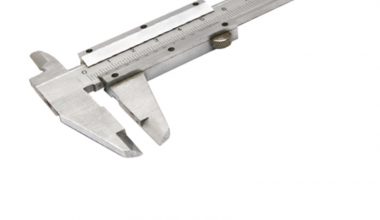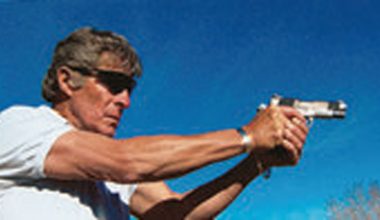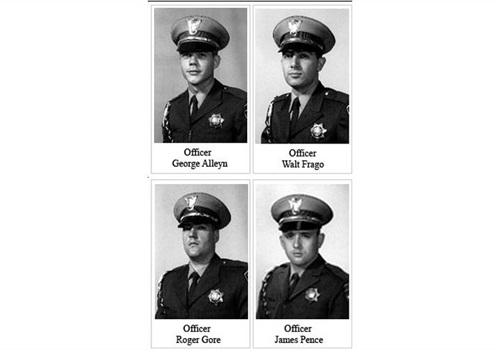Recent news headlines should make it readily apparent that there is about to be a paradigm shift in police work.
The method in which police shootings are to be investigated will change. The prosecutorial procedure for marginal or below-board shootings will no doubt be subject to change. The intensity of scrutiny with which field tactics and any subsequent application of force were applied will increase as well. The light speed with which an officer involved shooting goes viral will certainly increase—this is a given.
To quote Dylan, “The times, they are a’changing.”
This is not necessarily the end of proactive police work, but rather an upgrade of what the public expects and deserves from law enforcement. If nominal skill levels are experienced within a department, then only nominal levels of performance will be realized in the field. If sub-standard levels of performance are experienced within a department, the results will be rather predictable as well. Upgrade the levels of training on all fronts if you expect to secure a successful career in law enforcement.
The most important aspect, the most imperative aspect, of training that officers within a department receive is derived from the trainers themselves. They should be experienced in the field and have extensive knowledge about what they are instructing.
They should be well versed in laws and departmental protocols pertaining to the application of deadly force. They must understand field tactics and communications from firsthand knowledge. They should command respect from the ranks due to their experience and knowledge. Their teachings should derive from practical and straightforward principles, and should be field applicable. Above all, they must care for those they teach—and deeply so.
Instructing at an academy with virtually no field experience falls well outside the arena of what one might consider “qualified.” Nepotism has little place when putting instructors in such a critical position as the mechanical and technical application of deadly force. An entire department’s future can hinge on a single out-of-policy shooting due to ineffective training.
If you have not experienced firsthand (and extensively at that) what you are instructing, then what possible degree of validity can be expected from your instruction?
Imagine a neurosurgeon who operates (or simply observes) on one or two individuals and then lectures ad nauseam in a university and never sets foot in an operating room again. This is perhaps the last person I would expect to instruct effectively those upon whose very skills and future lives will depend.
This does not necessarily mean one needs to have experienced lethal force confrontations firsthand in order to instruct. But it does mean you need to have been in the field over the course of many years and experienced many incidents of a high-level nature so you can instruct from actual and verifiable knowledge. This instruction would carry water with students, whereas zero field experience is fairly useless, and any student will figure this out in short order.
I listen to those who have been there, have performed successfully, and are honest. I shut down to posers, straphangers and outright liars. All students do. For experienced officers partaking of in-service training, this is truer still. Those who train your officers better “know their stuff” and carry credibility with the troops, otherwise you have lost the battle before it has even begun. Once this issue has been sorted, the real and truly beneficial training can commence.
If in the history of law enforcement, your field tactics and deadly force training were ever to be upgraded, now might be the time to implement that. The level of training must exceed that which is considered “nominal” or “passing.” For instance, if a shooting requires a capability level of 80% to successfully resolve and the officer is only trained to a 60% capability, you will have a bad shooting. The aftermath could be catastrophic in nature.
But if your officers are trained to 100% capability and are confronted with situations that call for less than that, the shooting will be “clean” and well above board. This seems a fairly straightforward proposition, yet this fact will fall on many deaf ears.
I have been defending officers in the courts for over 25 years. I have been training them for many more years. There is a distinct correlation between training and force application. The greater skill level possessed by a shooter and the greater experience and adaptability possessed by an officer, the more positive the outcome will be.
In many of the sub-par shootings I am aware of, if I’d had the officer for a single day of training, the shooting might not have evolved in the manner it did. The results would not have been subjected to extensive and prohibitively costly court proceedings, and the department would not have been subjected to turmoil and negative attention.
Upgrade your training. The results will only be positive in nature.





